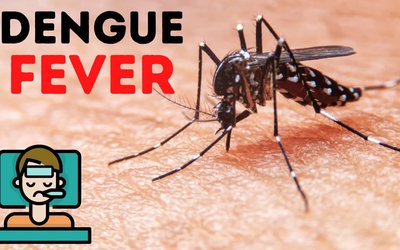
Given the lives we lead, stress affects almost everyone at some point or the other. Now this might have a bearing on our mental and physical well-being. It may include headaches, muscle pain, chest pain, digestive issues, insomnia, mood swings and mental health conditions.
Recently, researchers conducted a study on rats where it was found that the key to reducing stress and the impact it has on us lies in the possibility of controlling the source of stress.
Attempting to explain how stress negatively impacts the brain, a team of researchers at the Institute of Neuroscience at Universitat Autonoma de Barcelona in Spain conducted a study on three groups of male rats.
One group was exposed to several sessions of stress during their adolescence, which they could control with certain behaviour. Another group underwent the same number of stress sessions but they were not able to affect their stress levels using behavioural changes. The third group was not exposed to stress at all.
Interestingly, as per Medical News, “it was found that the ability to control stress sources in adolescence may reduce the risk of negative effects in adulthood. They published their findings in the journal Scientific Reports. While exposing the rats to stress, the researchers measured their endocrine response through the activity of the hypothalamic–pituitary–adrenal axis (HPA), which is the central stress response system. During the adult stage, they measured the expression of dopamine type 2 receptors in the dorsal striatum, which is an area of the brain that impacts behaviors. The scientists also measured a variety of cognitive factors.”
The results pointed out that HPA activation caused by controllable and uncontrollable stress in both groups were equal in the first round. However, as the animals experienced more stress, the controllable stress group had a lower HPA response, while the uncontrollable stress group developed an increase in motor impulsivity and a decrease in cognitive flexibility.
According to study co-leader Roser Nadal, “Despite the fact that being exposed to situations of stress has short- and long-term negative effects on behavior and physiology, there are several factors which could mitigate its impact. We have observed that one of these factors is the possibility of having control over the source of stress.”
The study concluded that promoting strategies to control stress sources in adolescence can be a key factor in reducing the risk of high stress levels in adulthood and also in reducing vulnerability to physical and mental health.
- India Supported Construction Of Four Schools In Nuwakot
- Mar 19, 2021
- Nepal Denies Permission For Third Phase Trial Of Vaccine Against COVID-19
- Aug 31, 2020
- Messi Can Only Cancel Barcelona Contract If €700 Million Release Clause Is Paid, La Liga Confirms
- Aug 31, 2020
- India To Carry Out Study On Kathmandu-Raksaul Railway
- Aug 28, 2020
- COVID-19: 1,351 Personal Of Nepal Police Infected
- Aug 28, 2020















